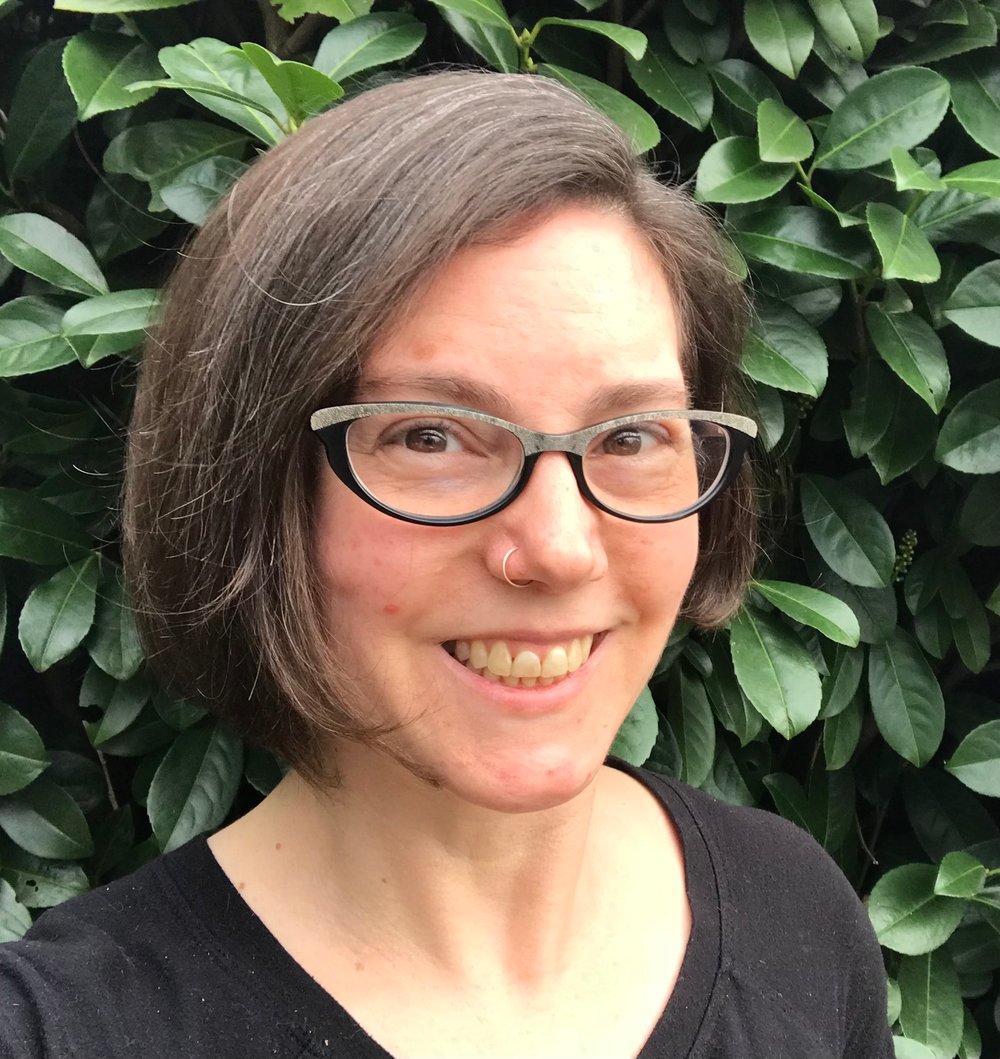About Ms. Mac
Welcome to Language Science Central!
My name is Lauren MacDonell, and I’m a different kind of English teacher. My background is in sociolinguistics and the discipline I teach is Language Science.
Here’s my story…

My undergraduate degree is in sociolinguistics with a minor in anthropology, and throughout my teaching career I have worked to incorporate inquiry-based learning methods, like those I learned in college, into my teaching practice. Coming from a social sciences background and entering the teaching profession around the time CCSS was adopted as policy, I fully expected to find curriculum and resources to support inquiry learning and the development of critical reasoning, research and other 21st century skills across the curriculum.
I was mostly right…inquiry learning turned out to be widely embraced and well-supported in the realms of K-12 STEM and social sciences. However, in an age where everything in education seems to be trending toward a STE(A)M focus, I was shocked to find that there was no such support for K-12 language arts, and that, indeed, curriculum developers, school administrators and other educators all seemed to be deeply attached to traditional expository teaching methods in ELA and loyally wed to an exclusive focus on formal academic language use.
I got my first clue to this resistance to change in the world of ELA instruction when I was asked to develop language arts courses for a local homeschool co-op. Coming from a linguistics background, I proposed to teach language science instead because I believed it would be as effective for knowledge building and a lot more engaging than a traditional language arts class. The co-op members, being generally free-thinking proponents of student-centered learning, agreed. I got busy writing up unit outlines, brainstorming ways for my students to do language science fieldwork in their communities and reviewing CCSS standards for areas of alignment. Then I set about searching for curriculum materials on the five levels of grammar and social language use – the topics I was preparing to teach.
There were none! At least, none produced for a mainstream K-12 audience. I did find a small number of materials created for ESL or special-ed social skills classes, and I adapted what little I could from those. I also modified some readings and exercises from my college linguistics textbooks to make them more kid-friendly. But I ended up creating the vast majority of my language science curriculum from scratch because linguistics-based ELA materials simply did not exist. My classes were a big success – the focus on inquiry methods and on exploring linguistic diversity and contextual uses of register and other social communication features kept my students engaged and helped them grow measurably in their academic writing, reading comprehension, analysis, presentation and scientific inquiry skills. My students and their parents also confirmed that studying language science helped them make more informed and effective communication choices in their daily social interactions! I knew I was onto something.
When I started working in more mainstream school settings, I repeatedly evangelized the benefits of language science to my administrators, whose reception was lukewarm. Time and again, I heard variations on the theme of “That sounds really interesting, but our focus for ELA is on literacy and making students strong writers to prepare them for college & a career.” And I occasionally heard, “Our students are already learning to do inquiry in science class.” I began to understand that there was a large disconnect between the general philosophical interest in inquiry learning across the curriculum and the realities of long-established, entrenched teaching practices in ELA.
I then went back to school for a social science teaching credential and subsequently taught history and civics to middle- and high-schoolers. I was relieved to find that inquiry learning in the social sciences had progressed a lot further than in ELA. I found plentiful curriculum resources and many (often conflicting) perspectives on inquiry-based approaches to support my teaching. While I enjoyed teaching history and civics immensely, my first love is still language and linguistics, and I remain perplexed by the American K-12 education system’s resistance to adopting student-centered, inquiry-based approaches to the study of English language and literature.
That’s why I decided to pursue a Master’s in Instructional Design. Since graduating with my M.Ed in 2021, I’ve been busy designing, testing and improving K-12 Language Science lesson plans as well as lessons in Language Science pedagogy for education majors.
However you choose to incorporate Language Science into your learning or teaching, I want to support you! Please drop me a line at MsMac@LanguageScienceCentral if you have questions or requests for resources.